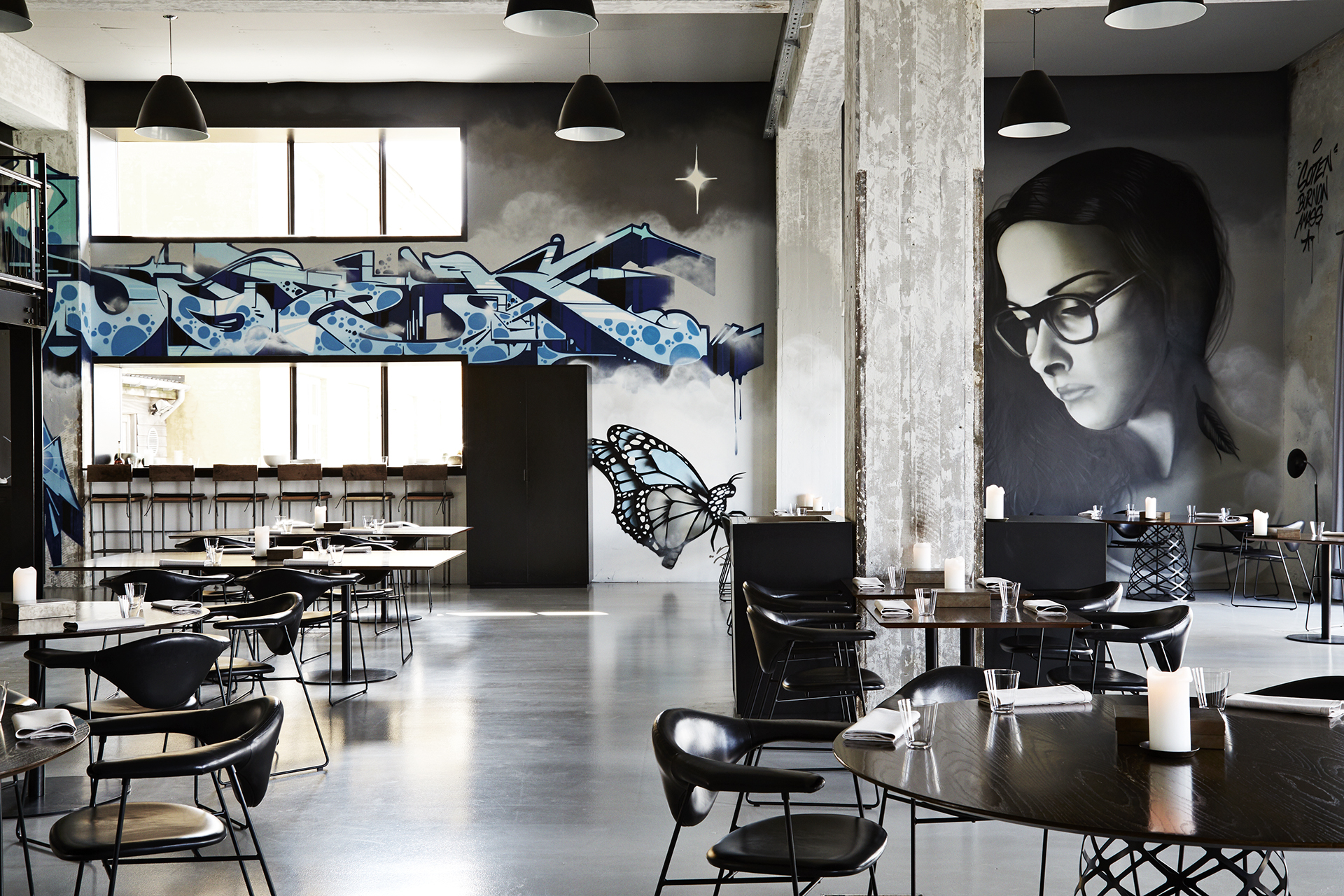Amass Chef Explains How to Hit the Money Spot With a Zero-Waste Restaurant

Photo Caption: Copenhagen's Amass feels fresh and edgy, but its operating principles are what really stands it apart from the rest. Amass Restaurant
Skift Take
Zero-waste is the food world’s latest favorite catchphrase, but only a few restaurateurs are turning the trend into sustainable profits.


